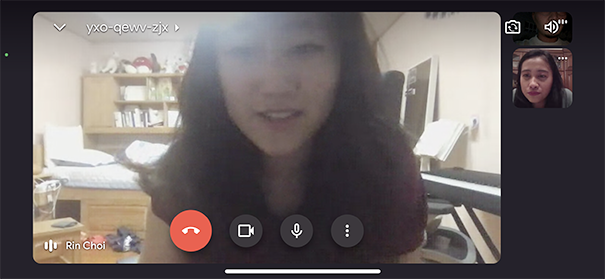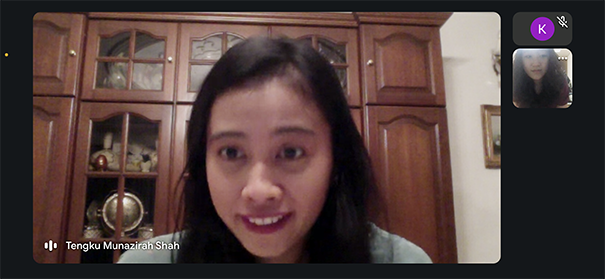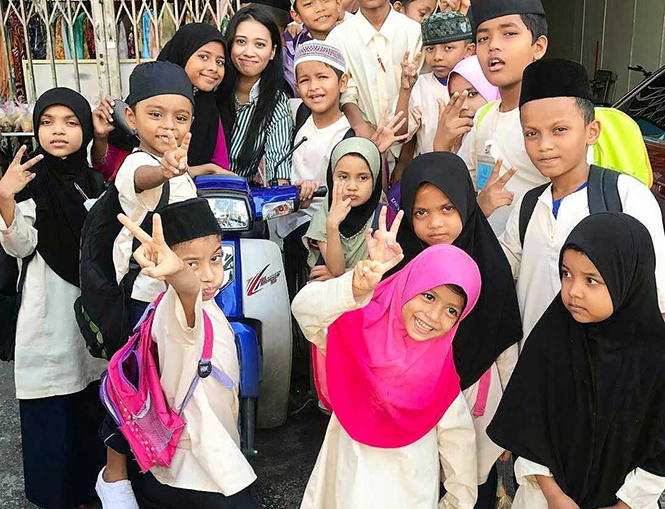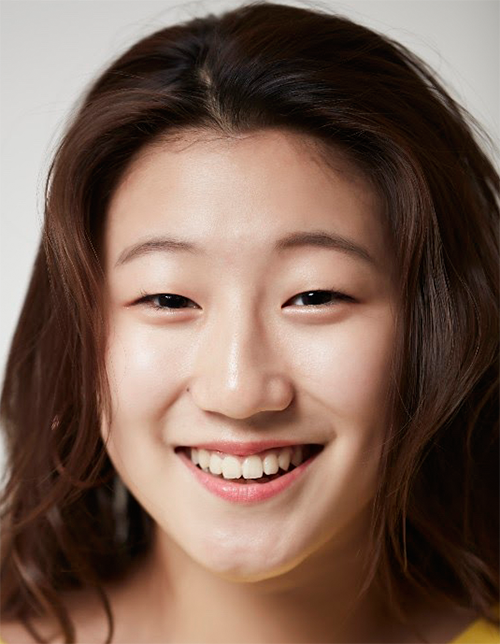It’s a story we often hear today. World leaders and major CEOs are donating large sums of money to help the worldwide battle against the COVID-19. As this new virus continues to strike, the weak and the poor are without necessary protections and treatment. People like Mark Zuckerberg, Bill Gates, Jeff Bezos, and Mawin Alibaba have flexed their monetary muscles and donated millions of dollars to send out the message of hope for the most vulnerable people around the globe. Their money went to creating vaccines, producing more test kits, and providing them to the poor. These actions by the affluent have created a “butterfly effect,” inspiring others to help out in their own ways. While looking through the news, an expression caught my attention: noblesse oblige. According to the definition in the Cambridge Dictionary, noblesse oblige means “the idea that someone with power and influence should use their social position to help other people (link to source: https://dictionary.cambridge.org/dictionary/english/noblesse-oblige).” Noblesse Oblige was the perfect expression to describe the actions of the World leaders and major CEOs.

While thinking about this word, I began to wonder what drove these people to act in such a selfless way. I wanted to hear from someone who practices noblesse oblige what they had to say about their works. Luckily, I had a chance to interview Tengku Munazirah, a member of the Selangor royal family. She is a royal patron to many nonprofit organizations and is the founder of The Hope Factory Malaysia.

When asked about her work, she told me that The Hope Factory Malaysia is focused on “raising awareness and supporting the nonprofits by giving back to 6 different areas of need including medical care, protecting children, sheltering the homeless, education, preventing hunger and bringing awareness to animal rights to the public.” These were her main tenets that she stood up for, and she also helped the weak and the oppressed with her patronage. She also mentioned that her drive to help the unprivileged comes from her mother, who taught her to “stay grounded and always reach out to others who are in need.” After her mother passed away in 2012, Tengku Munazirah told me that she decided to “carry on her legacy” and became “involved in social entrepreneurship, standing up for people whose voices are unheard.”

But there must have been days when she felt tired from all her work in her community, so I became curious about how she kept going on. To this question, she replied that she was not at the focal point of the issue. “The children and unprivileged people that I stand up for constantly remind me of why I should get up in the morning. Every morning, I wake up to make a difference in hopes to change their world.” There are many people who “live with food just enough to fill up their tummy or with few drops of water just to quench their thirst.” These people are what drives her to help them every day.

As I marveled at her dedication to helping others, she told me that she tries to teach the children at her centers that they “are blessed to have a community and educational center with a roof above their head, a place to shower with daily meals provided.” After the interview, I took a moment to think about everything I had heard. This made me realize that perhaps I was wrong about how I was thinking about noblesse oblige. Tengku Munazirah told me that “To me, it is not really the importance of knowing the definition of “noblesse oblige”. It is rather being aware of your surroundings, no matter who you are, and realize that every simple act of kindness matters, to mankind, to animals.” This was perhaps what I was missing. As the Covid-19 continues to sicken countless people worldwide I want to do my part and find ways to help those who are worse off than me.

Rin Choi
Grade 10
Asia Pacific International School

